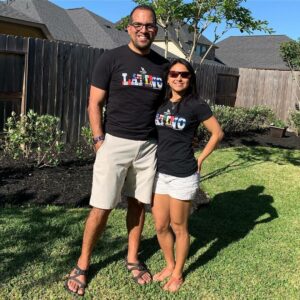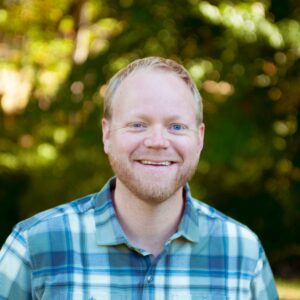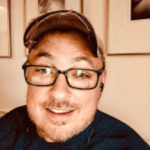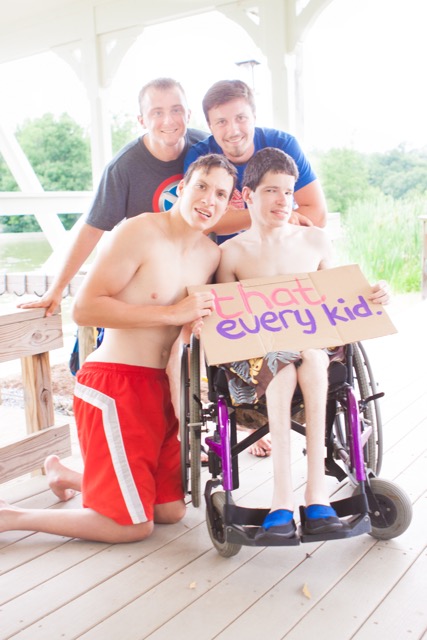
Written by Suzanne Williams, Southern Division Capernaum Coordinator.
A man by the name of Stephen Handy said “all we need to change the world is a table and a cup.” It sounds simple, but I think he’s on to something profound.
Handy goes on to talk about how we all drink something and that we can all come to the table. When people gather at a table, they tend to put their hearts on it. This, he says, isn’t an option if we want the world to change. It’s a must. Jesus went to the table, at times to eat with his friends and they were always changed, and then He went to die and be raised again. The table is no mediocre place for Jesus. Nor should it be for us. Handy goes on to say, “It is more critical to have a cup of coffee around the table than anything else we can do other than study the word of God together”.
Handy was talking about race. And yet, I couldn’t help but sub the word ‘race’ with ‘ability’ and ‘black’ for ‘disability’.
In Young Life, we long for every kid to know that the God of the Universe is madly in love with them. Every Kid. It was part of our slogan once, but we still say it because we mean it with every fiber of our hearts. The same hearts that pull up to the table with a cup of coffee, sitting across from people who are different than us because we know that if we sit at the table with only people who are similar to us, that we are missing something in the kingdom and our understanding of the gospel.
Yet, how do we do this? A few thoughts… sit at the table with people who are different than you and extend grace not only to yourself but to them. You’ll make mistakes and that’s ok. You may not know what to say at first and that’s ok. You won’t be perfect and that’s ok because you’re on a journey. Start with what you like about that person, it diffuses tension immediately when we learn about what other people love. It also helps us realize that we may have far more in common than we know.
Handy goes on to talk about Galatians, chapter 4 where we are reminded that all are children of God. Not some, not a few, not the white and able-bodied, but ALL. As he unpacks this passage he talks about how often God intentionally disrupts our paths, that our imaginations may be rekindled and our hearts aflame for His kingdom. When God disrupts our path, we have two choices:
- We can acknowledge what He’s doing.
- We can see it as invisible.
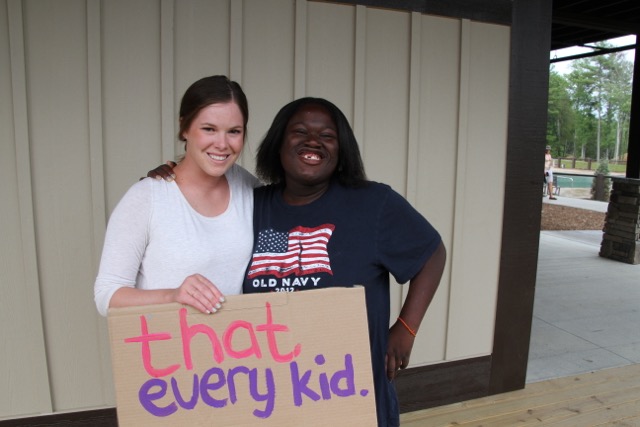
“People of color (sub disability here) are often seen as invisible, but we are made in the image of God and the likeness of Jesus and everyone deserves to be acknowledged in the name of the Father, The Son and The Holy Spirit”.
May we be a mission that chooses to acknowledge and not a mission that chooses to make people invisible. Grab a cup of coffee this week with someone who is different from you. Then spend some time with your team considering what your club may need to adjust to welcome every kind of kid. Our lives and ministries will be richer for it.

